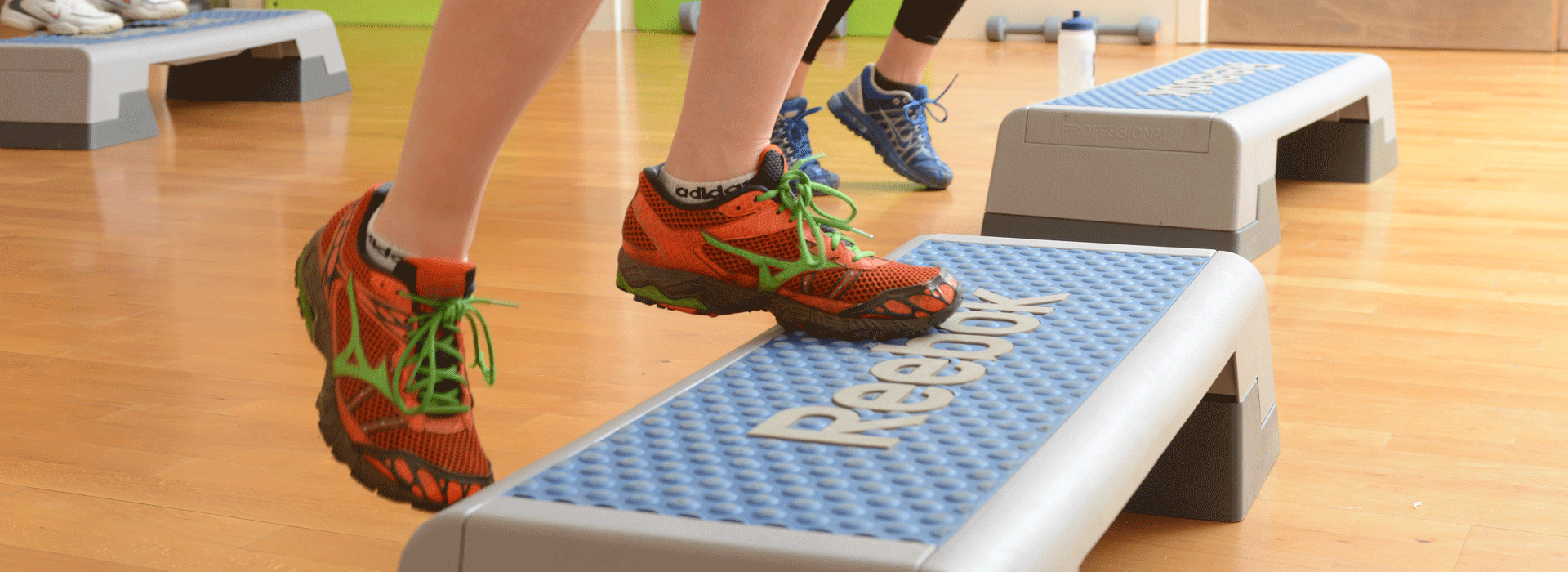What makes a good Personal Trainer?
Many experts will agree that to fulfil the recommendations for physical activity you don’t require a trainer, but if you want to reach your health and fitness goals it can be very useful having someone who is focused on helping you achieve them.
Let’s look in a little more detail at a few of the areas in which the professional has acquired the skills in order to do this.
- When you first encounter a Personal Trainer (PT), they will usually discuss with you what your fitness goals are and how you will reach them taking into account your current fitness levels; they will be able to design you a programme tailored to your needs specifically, a ‘personalised’ plan as they are aware that each client has unique physiological and psychological characteristics.
- A PT will carry out fitness assessments and will ‘prescribe’ an appropriate plan which will include appropriate cardiovascular, flexibility and resistance components designed to help you reach your goals. A professionally trained PT will teach you to perform each exercise with good technique, demonstrate, coach and correct any issues as learning how to perform exercises properly both reducing the risk of injury and resulting in a more positive outcome. If you are taught correctly you are more able to continue exercising with the good form if you continue to train on your own or at home.
- A good trainer will have the ability to motivate their clients in an encouraging way – accountability is a great motivator and there’s something to be said for feeding that part of the brain that craves praise. A trainer will celebrate your progress and or maybe your technique and that can be a real boost to your fitness campaign. Trainers regularly hear, ‘I wouldn’t keep coming if it wasn’t for you’.
- You should never get bored! Your PT will continually provide you with a variety of exercises, in fact, no two sessions should be the same. There is a plethora of equipment and multi combinations of workouts. The trainer should regularly update your programme, so your progress continues, and your body doesn’t ‘plateau’.
- Most Personal Trainers will have studied hard for their qualifications and most will be passionate about their role within the fitness industry. In order to maintain the standard of their work, they will be expected to continue with their Professional Development in order to continue membership of Professional Fitness bodies such as REPS – Register of Exercise Professionals. With expertise in one or more field, they will have and maintain a working knowledge of human anatomy and physiology, the concepts of fundamental exercise and basic nutrition.
- With the internet and social media providing an enormous amount of health and fitness information; however, the majority of websites, social media and magazines are not always subject to a peer-review process and this can lead to inaccurate or possibly unsafe exercise and nutrition advice. A PT will be aware of these issues and will conduct their programmes relying on scientific evidence rather than basic misconceptions about exercise and nutrition. In spite of the media bombardment constantly steering us towards the ‘perfect body’ syndrome, the ideal approach for any fitness professional is to help encourage people towards a state of self-acceptance, confidence and nurturing a good long-term relationship with both exercise and nutrition.
- If you decide you would like to use a PT's expertise to help you with your fitness campaign, ultimately you will need to find one who suits you. Some people prefer a very nurturing and encouraging style, while others will respond better to a trainer who has a lot of energy and is more demanding. You should consider which suits you should you decide to engage their expertise.
If you’re considering using a personal trainer, why not review our Personal Trainers and their specialisms here at Malvern Active. Click here to find out more.

